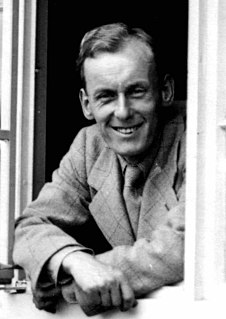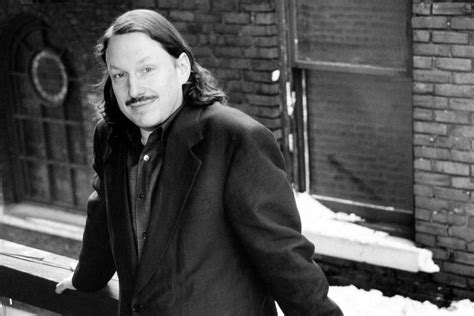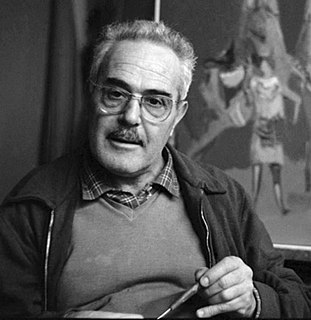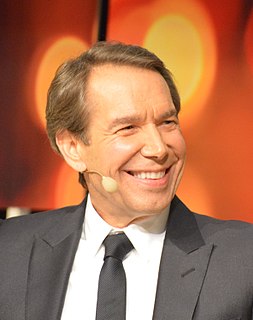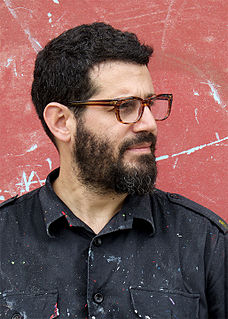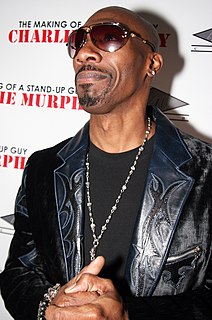A Quote by Amelia Atwater-Rhodes
A story isn't a charcoal sketch, where every stroke lies on the surface to be seen. It's an oil painting, filled with layers that the author must uncover so carefully to show its beauty.
Related Quotes
I think that if you just kind of try to throw together a sketch show, but you don't have any real vision for what you want to do with the sketch, I don't think your chances are very good. You know, "Let's just have a sketch show!" You have to do something different with it; you have to reinvent that form every so often.
Every song has a composer, every book has an author, every car has a maker, every painting has a painter, and every building has a builder. So it isn't irrational to take this simple logic a little further and say that nature must have had a Maker. It would be irrational to believe that it made itself.
The [Moon] surface is fine and powdery. I can kick it up loosely with my toe. It does adhere in fine layers like powdered charcoal to the sole and sides of my boots. I only go in a small fraction of an inch, maybe an eighth of an inch, but I can see the footprints of my boots and the treads in the fine sandy particles.
I wanted to be a visual artist, but I realized I was more affected by what I read than by what I saw. I would go to a show at a museum and look at a painting and say, 'Oh I wish I owned that,' and that would be the end of my relationship with a painting. With a short story I would read or with an author I would discover I could be haunted. It would affect my mood and affect the way that I saw the world. I thought, wow, it would be amazing to be able to do that.





